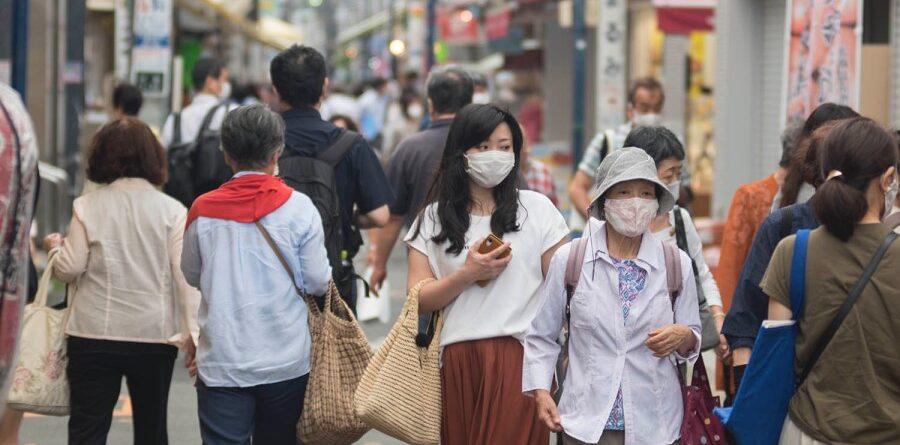Leveraging longevity and tackling intergenerational inequality in Japan
Japan has the world’s most aged population. As the number of elderly people increases, the benefits the government funds, such as pensions, medical care and nursing care, have been swelling. Since these benefits are mainly financed by taxes and social insurance premiums paid by the working-age population, the burden will be heavier on future generations as Japan continues to age.
Leveraging longevity and tackling intergenerational inequality in Japan
6 May 2021
Author: Sumio Saruyama, JCER
Japan has the world’s most aged population. As the number of elderly people increases, the benefits the government funds, such as pensions, medical care and nursing care, have been swelling. Since these benefits are mainly financed by taxes and social insurance premiums paid by the working-age population, the burden will be heavier on future generations as Japan continues to age.
Elderly people stroll at a shopping street in Tokyo’s Sugamo district on the Respect for the Aged Day, 21 September 2020 (Photo: Yoshio Tsunoda/AFLO).
‘Generational accounting’ measures the balance between government services (including social security) received and taxes and social insurance premiums paid by each generation. It is estimated that in 2010, the net burden of the 0-year-old generation will be 25 per cent heavier than that of the 90-year-old generation.
Read more @East Asia Forum
328 views










